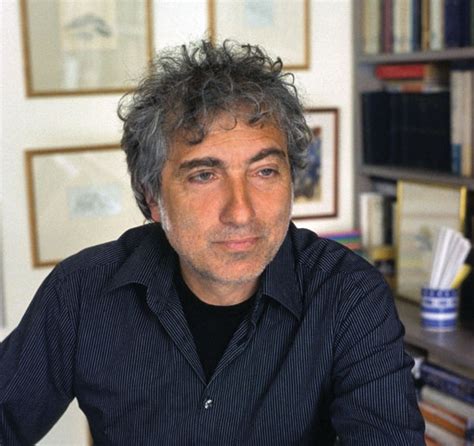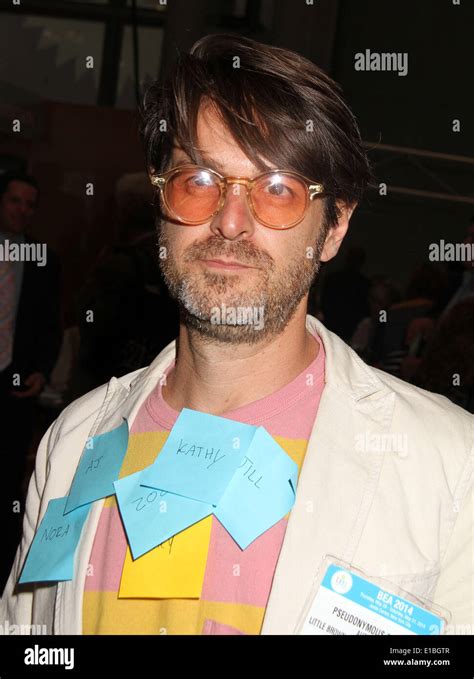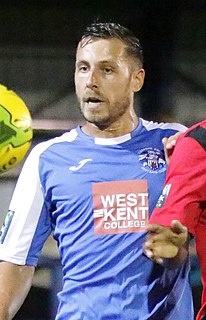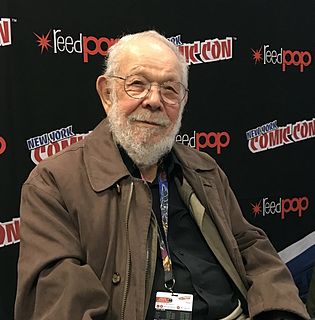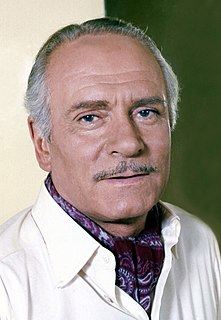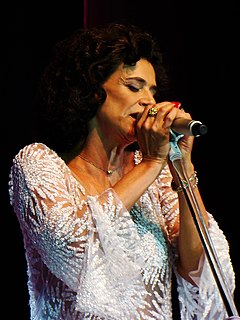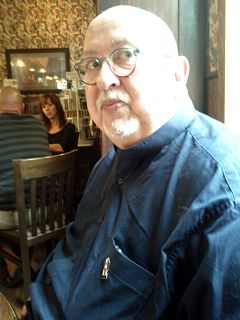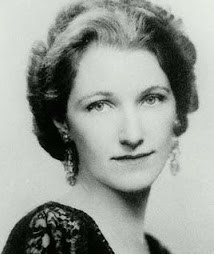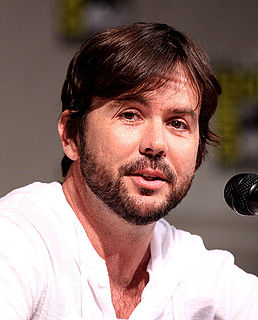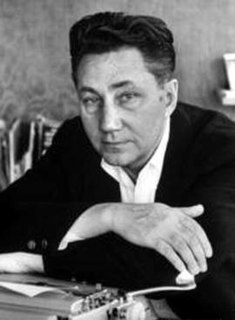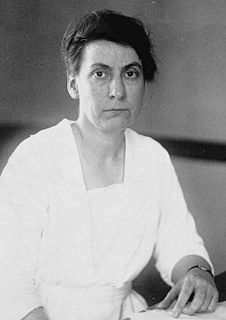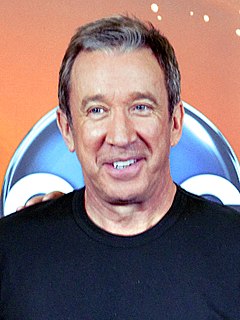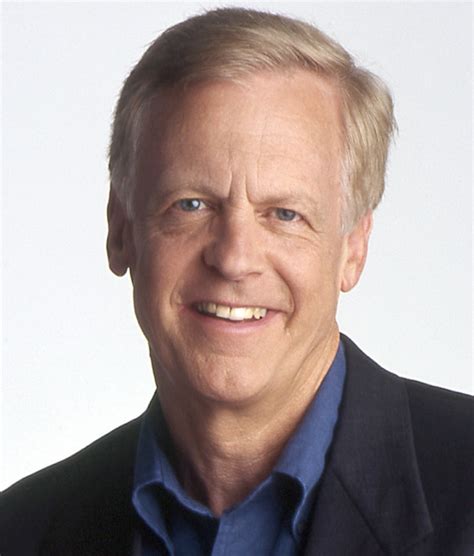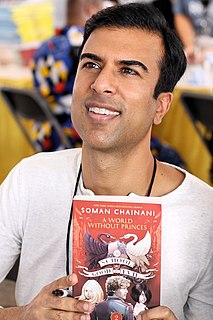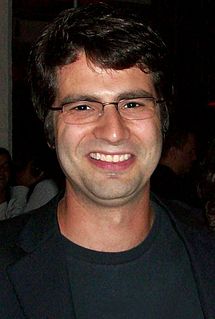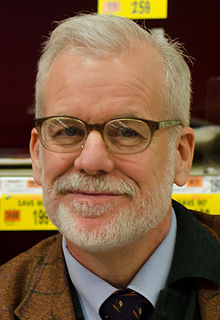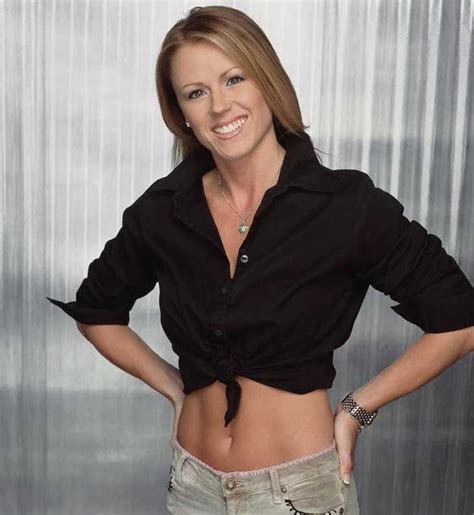Top 1200 Adults Quotes & Sayings - Page 3
Explore popular Adults quotes.
Last updated on April 15, 2025.
We have been taught to wish for it, but the wish to be understood may be our most vengeful demand, may be the way we hang on, as adults , to our grudge against our mothers; the way we never let our mothers off the hook for their not meeting our every need. Wanting to be understood, as adults, can be our most violent form of nostalgia.
Look at children. Of course they may quarrel, but generally speaking they do not harbor ill feelings as much or as long as adults do. Most adults have the advantage of education over children, but what is the use of an education if they show a big smile while hiding negative feelings deep inside? Children don?t usually act in such a manner. If they feel angry with someone, they express it, and then it is finished. They can still play with that person the following day.
Seeing games become more of a young person thing, I feel like a toy I grew up with has been left behind. I don't want to. I want this thing to be respected by adults. I want this thing to be growing with me. It's important to have games that could be more nuanced and reflective of the real world and relevant to adults.
Adamson feels that drug developers are unreasonably concerned about rare events. The reality is children tolerate phase I therapy new agents being tested to find the best dosage and possible side-effects as well as or better than adults, ... Once the initial studies are done that is, phase I trials in adults study should begin in children.
It doesn't take a brilliant mind to notice that adults are telling you what to do and then they do the opposite. I mean, I can't recall every stupid thing that adults were doing when I was six or seven. Some of it was the religious restrictions, where there were certain things that you were allowed to do and certain things that you weren't allowed to do, and I couldn't make sense of those things.
We had enough years in front of us to be serious and grown-up and respectable. Why rush it? But on the other hand we always complained when teachers and other adults treated us as kids. In fact there was nothing that annoyed me more. So it was a frustrating situation. What we needed was a two-sided badge that said 'Mature' on one side and 'Childish' on the other. Then at any moment we could turn it to whatever side we felt like being and the adults could treat us accordingly.
[E]verywhere I'm looking at kids, adults mostly don't seem to like them, not even the parents do. They call the kids gorgeous and so cute, they make the kids do the thing all over again so they can take a photo, but they don't want to actually play with them, they'd rather drink coffee talking to other adults. Sometimes there's a small kid crying and the Ma of it doesn't even hear.
Young people are more hopeful at a certain age than adults, but I suspect that's glandular. As for children, I keep as far from them as possible. I don't like the sight of them. The scale is all wrongs. The heads tend to be too big for the bodies, and the hands and feet are a disaster. They keep falling into things. The nakedness of their bad character! We adults have learned how to disguise our terrible character, but children, well, they are like grotesque drawings of us. They should be neither seen nor heard, and no one must make another one.
Adults are always telling young people, 'These are the best years of your life.' Are they? I don't know. Sometimes when adults say this to children I look into their faces. They look like someone on the top seat of the Ferris wheel who has had too much cotton candy and barbecue. They'd like to get off and be sick but everyone keeps telling them what a good time they're having.
As an anti-hunger advocate and longtime member of the Entertainment Council for Feeding America, I have become more and more aware of the issues surrounding hunger in our country, a country where 68% of adults above the age of 20 are overweight or obese. What a staggering thought, when 1 in 6 adults don't have enough food to eat on a regular basis. Good, healthy meal choices play a huge part of controlling weight and other health related issues.
Working with children is very different than the way in which I work with adults. I never tell the children the actual truth of the thing that I want them to act. Although children are really into play and play acting, and this is a major part of their existence, they never actually find the playing or acting of adults credible.
Although adults have a role to play in teaching social skills to children, it is often best that they play it unobtrusively. In particular, adults must guard against embarrassing unskilled children by correcting them too publicly and against labeling children as shy in ways that may lead the children to see themselves in just that way.
Children make better readers than adults. They read as carefully as I write; adults read as a means of getting off to sleep. I get letters saying 'I have read your book seventeen times.' If you're an adult novelist and you get that letter, you should be afraid. You're being stalked. Kids always read them seventeen times!
If you throw the baby away, that's garbage. But no, the heart's precious. You could get something, you could save a life. Well, you just threw away a baby but the heart's valuable. That's the horror and the terror and the hypocrisy that nobody can understand. We base communities on the idea of protecting children based on the sacrifice of adults. Adults work and die so that their next generation would grow and prosper.
I came to fantasy fairly late. For some ten years, I had been happily writing fiction and non-fiction for adults. But I always loved fantasy, whether for adults or young people; and at that particular point in my life, I wanted to try it, to understand it, as part of the process of learning to be a writer. The results were beyond anything I could have foreseen. As I've said often and elsewhere, it was the most creative and liberating experience of my life.
There are great parents of small children - they keep their little hair in bows - but those parents are not always good parents of young adults. As soon as their children get up to some size, it's "Shut up, sit down, you talk too much, keep your distance, I'll send you to Europe!" My mom was a terrible parent of small children but a great parent of young adults. She'd talk to me as if I had some sense.
He's convinced most human adults do not know how to play anymore and that playing is one of the best ways to think. Franky finds children, by far, much more pleasant and intelligent than most adults, but they are easily ruined by their families, schools, and society. He says one of the ways they are ruined is by being forced to think of all the tasks that need to be done as work, not as play. It takes the joy out of living.
I grew up in a very religious family and it is the motivating force to every thing I do. I am fortunate to have had adults all around me who really lived their faith, in helping other people and doing the best you can do. The world wasn't so wonderful back then, with segregated rule in the South. But we were never hopeless and we never despaired because we had adults out there struggling with us, being there for us, and buffering us.
Although we like to think of young children's lives as free of troubles, they are in fact filled with disappointment and frustration. Children wish for so much, but can arrange so little of their own lives, which are so often dominated by adults without sympathy for the children's priorities. That is why children have a much greater need for daydreams than adults do. And because their lives have been relatively limited they have a greater need for material from which to form daydreams.
In undeveloped social groups, we find very little formal teaching and training. Savage groups mainly rely for instilling needed dispositions into the young upon the same sort of association which keeps adults loyal to their group. They have no special devices, material, or institutions for teaching save in connection with initiation ceremonies by which the youth are inducted into full social membership. For the most part, they depend upon children learning the customs of the adults, acquiring their emotional set and stock of ideas, by sharing in what the elders are doing.
Children, it should be repeated, are not pocket editions of adults, because childhood is a period of physical growth and development, a period of preparation for adult responsibility and public and private life. A program of children cannot be merely an adaptation of the program for adults, nor should it be curtailed during periods of depression or emergency expansion of other programs.
Anecdote: The extent of Michael Jackson's fame at its height, and his eagerness to exploit it is shown by an incident in 1984 when invited to a White House reception hosted by then President and First Lady Ronald and Nancy Reagan. Jackson had been assured that the only people there, besides the presidential couple, would be a few staff members' children. Aghast to find around 75 adults and no children, Jackson locked himself in an upstairs bathroom, refusing to emerge until assured that all non-essential adults had been replaced by a number of children.
The one concession I've made as I've gotten older is that my children are now adults and they're in their twenties and thirties and so I'm careful about how I write about them. I may write about them as a child, but I'm not going to write about their current struggles because they're adults and they can do it for themselves. I want to give them some space in a way I didn't when they were younger.
Jung said there are four archetypes adults go through, and these archetypes are reflected in the development of my work. The first archetype is the archetype of the athlete, reflecting the time in our adult life when our primary emphasis is on our body - what it looks like, how beautiful it is, how strong it is, and so on. We identify ourselves with our body. We are our body. Growing adults next move to what Jung called the archetype of the warrior. We take our physical bodies out there to do what warriors do.
There are different kinds of truths for different kinds of people. There are truths appropriate for children; truths that are appropriate for students; truths that are appropriate for educated adults; and truths that are appropriate for highly educated adults, and the notion that there should be one set of truths available to everyone is a modern democratic fallacy. It doesn't work.
I never think of my work as writing for a young audience, frankly, because I think it risks talking 'down' to them. The idea is for these books to work just as well as for adults as kids. As for what readers will take away, I just want them to love being in the world and see it as a safe place to explore things that adults are often uncomfortable talking to them about.
You know, people always warn children about taking candy from strange adults. But they never warn us adults about taking candy from strange children. All those sweet-looking kids who sell boxes of candy bars on the street to help pay for schooling - how do we know what's in those bars? And don't even get me stated on that nefarious institution designed to lure unsuspecting customers into buying mysterious frosted goodies: the bake sale. Adults, be warned: if a child wanted to poison you it would be a piece of cake! Literally a piece of cake.
I grew up in a town where there were no adults over forty who weren't somebody's parents. It was, unfortunately, the kind of town that's a "great places to raise kids" - that's basically code for "there are no adults here who are not parents." I had a few teachers who were kind of weirdo drama teachers and were hugely influential.
As a mother, anything to do with my children, whether it's supporting their school or programs that support their education and enrichment. As a wife, anything that my husband is passionate about and helps to support. As a community member, anything that supports the Vail Valley, the place that I call home. As a friend of the founder and true believer in their mission, an organization called First Descents. They provide adventure camps to young adults and adults with cancer or who have survived cancer.
